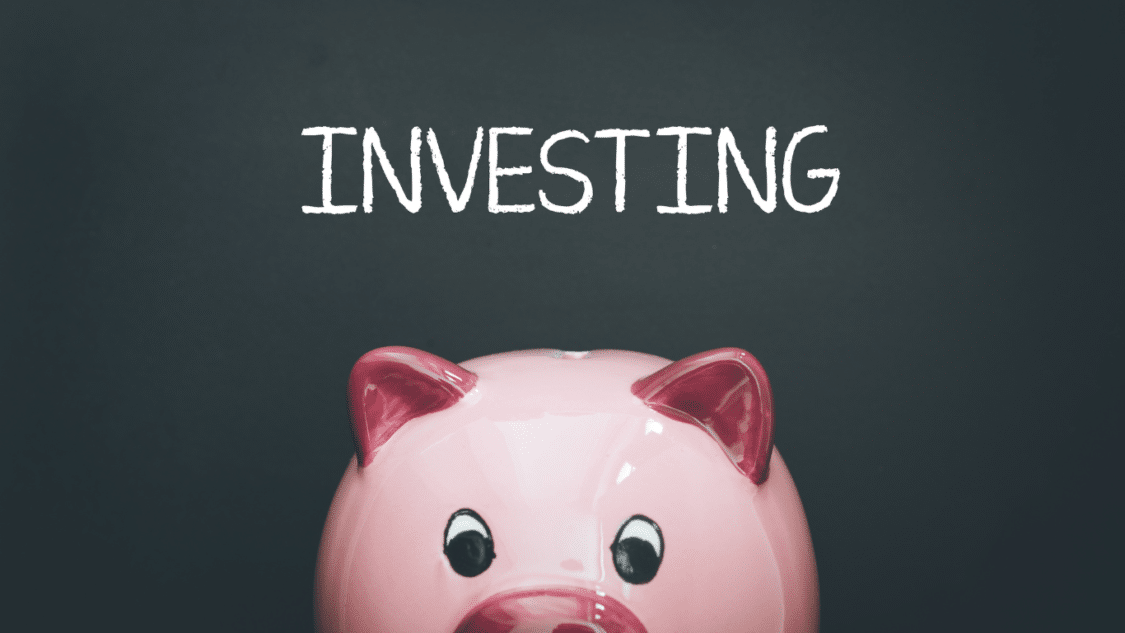Before investing in stocks, knowing the Pros and Cons of Investing in Stocks is essential. Trading and investing have many advantages and disadvantages, and when starting this journey, investors should be well aware of what they are stepping into.

What are the Pros of Investing in Stocks?
- A growing economy results in the growth of corporate earnings. When the economy is upward, one change leads to the next. It results in more job opportunities, higher incomes, and more sales. The higher the paycheck, the greater the consumer demand, which means more money. The business cycle phases are essential to study for a more in-depth understanding. That includes expansion, peak, contraction, and trough.
- Investing in stocks long-term has brought many investors generous returns, which is a pro of investing. The buy-and-hold technique can result in gains. Even if the value of the stock or the economy drops significantly, you can still gain money over time.
- Reasonably easy to buy. It may sound complicated to purchase company shares; however, buying and selling stocks through a broker online makes the process simple.
- When you hear the term investing in stocks, you may think it requires a lot of money; however, that’s not the case. Several retail brokers let you buy stocks and even sell them for free. There is also the option of fractional shares in some brokerage firms.
- The majority of investors intend to buy low and sell high. They put their money into rapidly growing and increasing value firms. This appeals to both day traders and long-term investors. The first group seeks to profit from short-term trends, while the second group expects the company’s earnings and stock price to rise over time.
- The stock market doesn’t restrict investors on when to sell or buy. Investors can sell their stocks at any point in time. This is where liquidity comes into play, where you can turn shares into money quickly with no costs.

What are the Cons of Investing in Stocks?
- When investing in stocks, there is the chance of losing your investment. If a company is not succeeding, investors will likely sell their shares, resulting in the price falling. When trading, you lose the initial investment, which can be a significant loss for some.
- The stockholders are the last to get paid if a company goes bankrupt. The first ones that get paid are preferred stockholders and bondholders. A well-diversified portfolio should keep you safe if a company goes bankrupt.
- If you are responsible for buying or investing in stocks independently, then research should be your best friend. It would help if you did in-depth research for any company you are considering investing in. Financial statements and annual reports are two critical points you should know how to read. It would help if you were up to date with all the recent news on the stock market and the company you are investing in. Often, we believe that the best company’s stock will not fall, but it can happen. This mainly occurs in the case of a market correction, market crash, or bear market.
- You may earn a tax credit if you sell your shares at a loss. Capital gains taxes usually apply only if you sell your shares for a profit.
- Don’t put yourself on an emotional roller coaster. Checking how the stock market rises and falls daily can result in stress and fear. One of the disadvantages of investing in stocks is that Investors are prone to buying stocks out of greed and selling them out of fear. Check the market regularly and not every day to get the most out of investing in stocks.
What does it mean to invest in stocks?

Investing in stocks is merely the concept of purchasing shares or ownership stakes in publicly traded companies. When someone invests in stocks, they become shareholders, holding a portion of the company’s profits and assets. This form of investment allows individuals to participate in the growth and success of businesses across various industries.
There are various Pros and Cons of Investing in Stocks, and by now, you should have a more precise understanding of why invest in stocks. Long-term investments have been shown to bring back significant returns but also have risks. Investors should know what they are stepping into and cautiously take steps. One vital point to remember is to keep a diversified portfolio with different types of shares, not only one. In this case, you don’t lose all your investments if one company goes bankrupt. It’s crucial to analyze the advantages and disadvantages of investment strategies to make sure they align with your financial objectives.
How can investors monitor and manage their stock market portfolio effectively?
Investors can monitor and manage their stock market portfolio by implementing specific strategies and utilizing available resources. The most commonly used approach is to review one’s portfolio regularly. Assessing one portfolio involves examing the performance of individual stocks, analyzing overall portfolio allocation and identifying any adjustments that need to be made.
Monitoring stock market news is a further crucial aspect. Making educated financial decisions requires being informed on market news, trends and changes. Investors should keep up with market movements, economic statistics, and information about individual businesses that might affect their investments. This can be done through market research reports and websites that provide financial news. Investors can proactively react to market dynamics by being informed on the state of the market and pertinent news.
The use of technology can highly assist in the monitoring and managing process of one’s portfolio. Online brokerage systems often offer tools and services that let investors monitor the performance of their portfolios, create price alerts, and do stock research. Additionally, smartphone applications allow on-the-go portfolio tracking and real-time market data, giving investors instant access to crucial information.
For efficient portfolio management, it is also essential to establish defined investing goals. Additionally, staying aware of the pros and cons of investing in stocks and making thought-through decisions. By setting clear goals, investors may match their investing choices with their anticipated outcomes. Specific objectives may help investors stay focused and make decisions that help achieve their goals, whether they are concerned with capital growth, income production, or asset preservation.
What are the factors to consider before investing in stocks, including the pros and cons of investing in stocks?
Firstly, assessing your individual financial goals and risk tolerance is crucial. Before starting this procedure, deciding how much risk you are ready to take on is essential because there are pros and cons of investing in stocks. Additionally, evaluating your investment horizon is necessary. Stocks are generally considered long-term investments, so having a longer time frame allows you to ride out market fluctuations and potentially benefit from future returns.
Portfolio diversification is also crucial when it comes to investing in stocks. Risk can be significantly reduced by diversifying your assets across several industries and asset types. One may adopt this diversification strategy by investing in various stocks and other financial instruments like bonds, mutual funds, and exchange-traded funds (ETFs). You may be able to offset losses from underperforming equities with gains from other assets by diversifying your portfolio.
However, it’s just as important to be aware of the drawbacks of stock market investments. Volatility in the stock market can cause erratic price changes that could lead to immediate losses. Additionally, picking particular stocks can be tricky since finding firms with solid fundamentals involves investigation and study. Additionally, since timing the market or chasing short-term profits can be dangerous, investing in stocks needs discipline and a long-term view.
Conclusion – Investing in the stock market:
In conclusion, investing in stocks offers advantages and disadvantages that investors should consider carefully before investing. On the positive side, stocks have significant potential for returns, specifically over the long term. They give investors a stake in the business, enabling them to gain from its success through dividends and capital growth. Because they might perform differently from other asset types like bonds or real estate, stocks also provide the chance for portfolio diversity.
However, there are dangers associated with investing in the stock market. Stock prices may change due to market volatility, and investors may lose money during recessions. Making wise investment choices requires a certain amount of information, investigation, and analysis. Investors must be educated and periodically review their assets since several factors, including economic circumstances, corporate performance, and geopolitical events, can impact the stock market.
In conclusion, the pros and cons of investing in stocks are many. Investors may improve their chances of attaining their financial goals and handling market swings by carefully analyzing the advantages and disadvantages, setting reasonable expectations, diversifying their portfolios, and staying aware of the market and any changes. A long-term perspective, a disciplined strategy, and a dedication to continual education and monitoring are critical for stock investment. Analyzing the pros and cons of investing in stocks can help investors make educated decisions, manage their portfolio expectations, and develop strategies that align with their financial goals and risk tolerance.
For more news updates, visit our homepage now and see our latest news article. Want to learn more about trading? Visit our education page now and learn for FREE!
Stocks and Bonds(Opens in a new browser tab)

